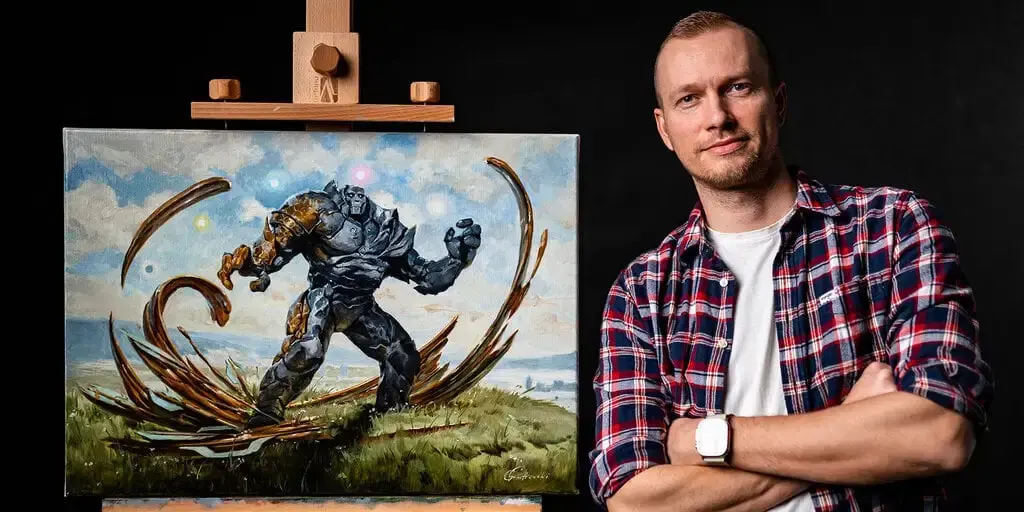Greg Rutkowski, a digital artist known for his surreal style, opposes AI art but his name and style have been frequently used by AI art generators without his consent. In response, Stable Diffusion removed his work from their dataset in version 2.0. However, the community has now created a tool to emulate Rutkowski’s style against his wishes using a LoRA model. While some argue this is unethical, others justify it since Rutkowski’s art has already been widely used in Stable Diffusion 1.5. The debate highlights the blurry line between innovation and infringement in the emerging field of AI art.



No. And it’s not just me saying that; the folks who wrote the Copyright Clause (James Madison and Thomas Jefferson) would disagree with you, too.
The natural state of a creative work is for it to be part of a Public Domain. Ideas are fundamentally different from property in the sense that property’s value comes from its exclusive use by its owner, wheras an idea’s value comes from spreading it, i.e., giving it away to others.
Here’s how Jefferson described it:
Thus we see the basis for the rationale given in the Copyright Clause itself: “to promote the progress of science and the useful arts,” which is very different from creating some kind of entitlement to creators because they “deserve” it.
The true basis for copyright law in the United States is as a utilitarian incentive to encourage the creation of more works - a bounty for creating. Ownership of property is a natural right which the Constitution pledges to protect (see also the 4th and 5th Amendments), but the temporary monopoly called copyright is merely a privilege granted at the pleasure of Congress. Essentially, it’s a lease from the Public Domain, for the benefit of the Public. It is not an entitlement; what the creator of the work “deserves” doesn’t enter into it.
And if the copyright holder abuses his privilege such that the Public no longer benefits enough to be worth it, it’s perfectly just and reasonable for the privilege to be revoked.
This is a bizarre, backwards argument. First of all, a government-granted monopoly is the antethesis of the “free market” upon which capitalism is supposedly based. Second, granting of monopolies is hardly the only way to accomplish either goal of “promoting the progress of science and the useful arts” or of helping creators make a living!
… You realize the reason it promotes progress is because it allows the creators to get paid for it, right? It’s not “they deserve it” it’s “they need to eat and thus they aren’t going to do it unless they make money.” Which is exactly my argument.
It’s a silly way to put that since the “privilege granted” is given in to Congress in the Constitution.
Overall though, you are referencing a 300-year-old document like it means something. The point comes down to people needing to eat in a capitalistic society.
Capitalism isn’t really based on a free market and never has been in practice.
Sure but first enact those changes then try to change or break copyright. Don’t take away the only current way for artists to make money then say “Well, the system should be different.” You are causing people to starve at that point.